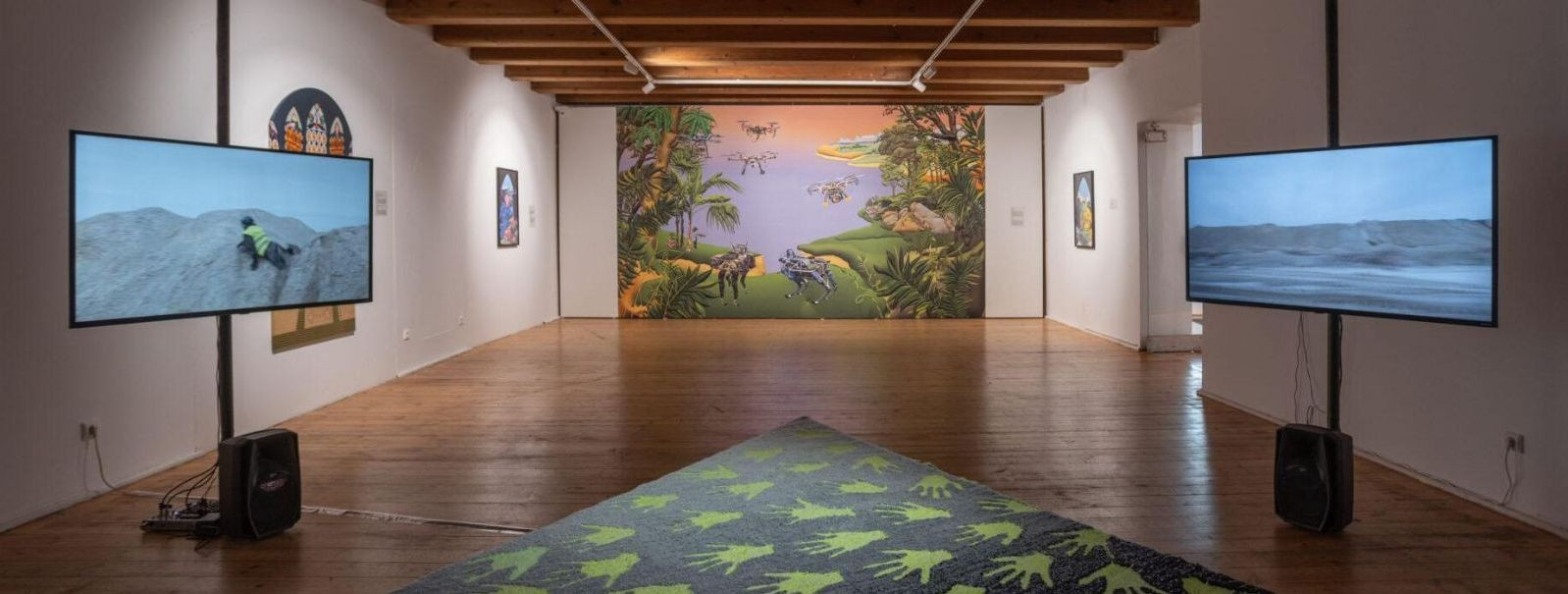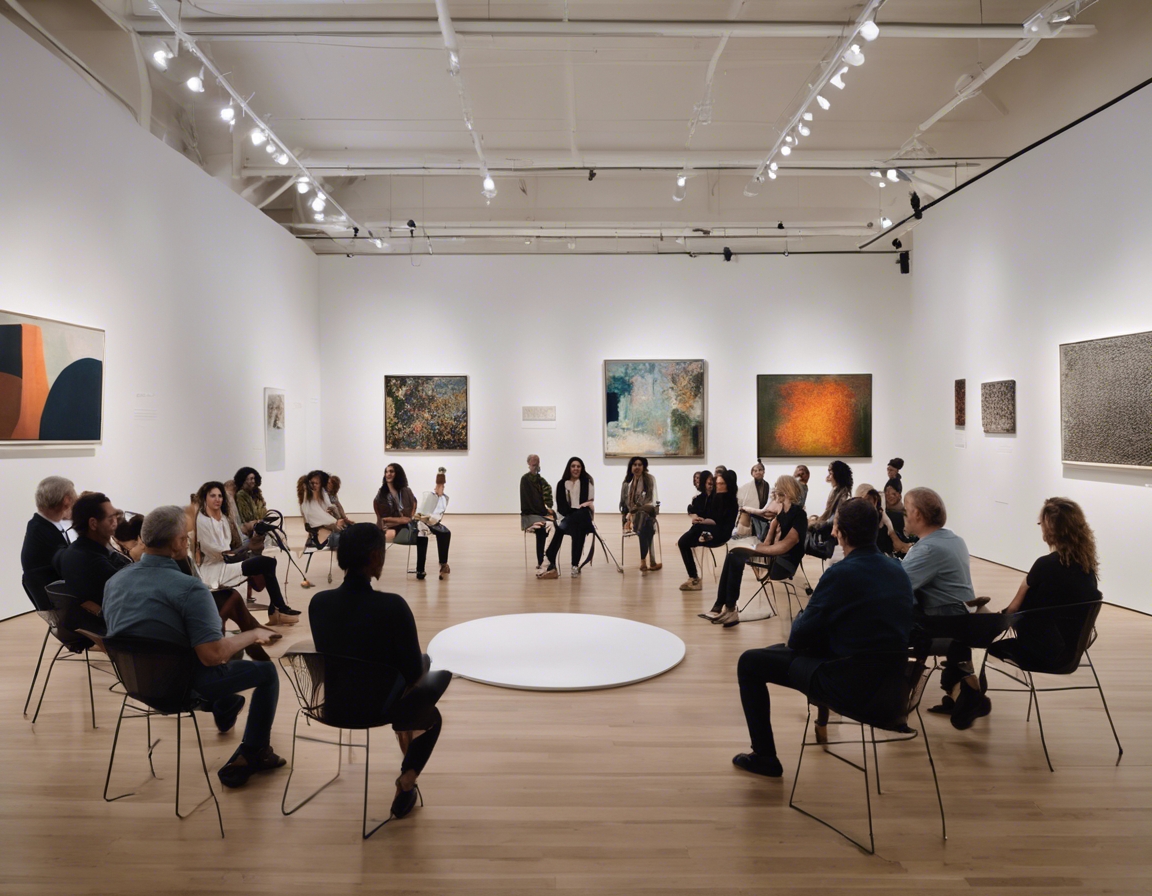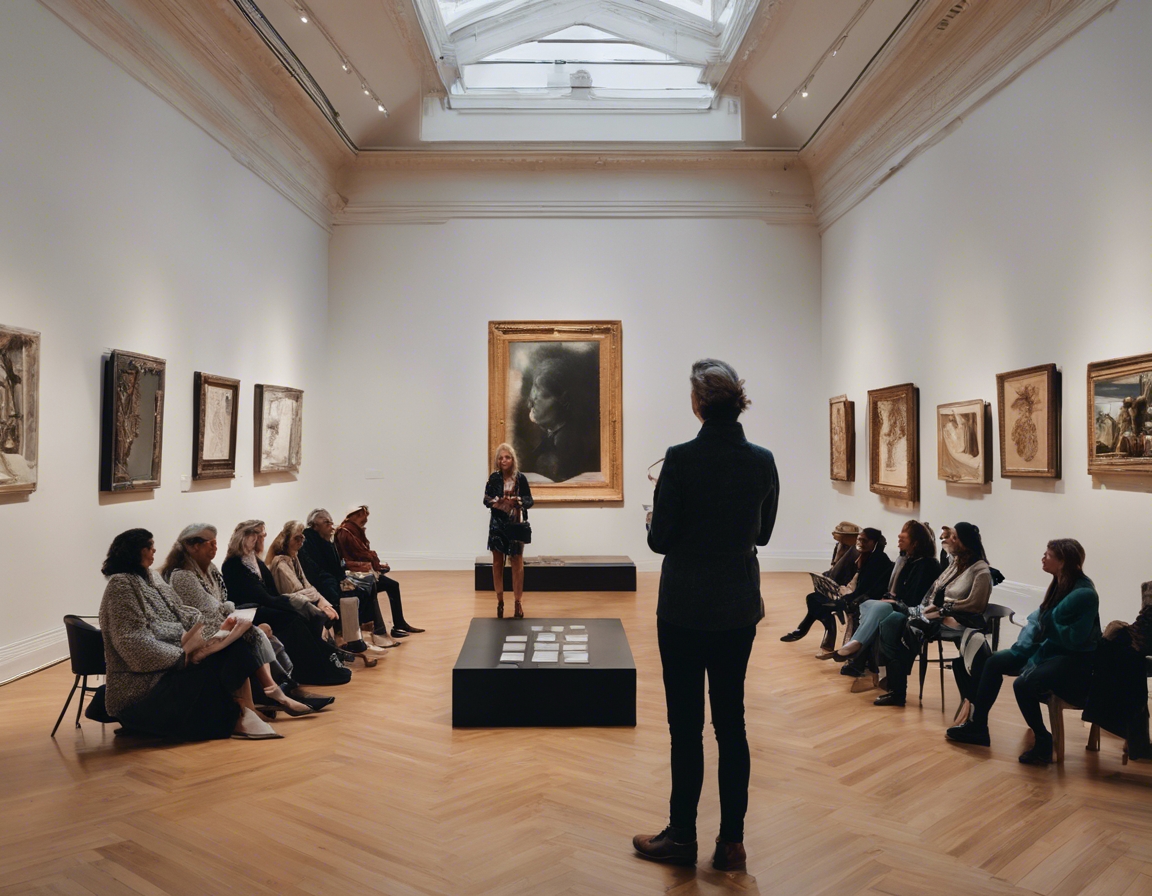Art collecting 101: tips for newbies
The art market is a complex and ever-evolving landscape. Understanding its history, from the salons and patronage of the Renaissance to the contemporary global network, is crucial for any collector. This knowledge will help you appreciate the value and significance of different art movements and periods.
Staying abreast of current trends is essential. This includes being aware of which artists are gaining attention, what themes are resonating in the cultural zeitgeist, and how technology is influencing art production and sales.
Identify the key players in the art market, including influential collectors, curators, critics, and auction houses. Their movements and opinions often signal important shifts in the market.
Starting Your Collection
Begin by exploring different genres and periods to understand what resonates with you. Visit museums, galleries, and art fairs to immerse yourself in various styles and mediums.
Art collecting can be an expensive endeavor, so it's important to set a realistic budget. Consider not only the purchase price but also the long-term costs of maintenance and insurance.
Do your homework before making a purchase. Research the artists' backgrounds, their market history, and the critical reception of their work.
Where to Buy Art
Galleries and art fairs are traditional venues for discovering and purchasing art. They offer a curated selection and the opportunity to interact with the art community.
The digital age has introduced online platforms that provide access to a vast array of artworks. They are convenient but require careful vetting of the art's authenticity.
Auctions can be thrilling and offer the chance to acquire rare pieces. However, they can also be intimidating, so it's important to attend a few as an observer before actively participating.
Authenticity and Provenance
Ensuring the authenticity of an artwork is paramount. Familiarize yourself with the methods of authentication and consider hiring an expert if necessary.
Provenance, or the artwork's history of ownership, can greatly affect its value and legality. Always verify an artwork's provenance before purchasing.
Caring for Your Collection
Proper care will protect your investment. Learn about the best practices for storing and displaying your collection to prevent damage.
Art is a valuable asset that should be insured. Invest in security measures to safeguard your collection from theft or damage.
Building Relationships in the Art World
Building relationships with artists and galleries can lead to opportunities for private viewings and first dibs on new works.
Joining communities and clubs can provide support, education, and the camaraderie of fellow art enthusiasts.






Comments (0)